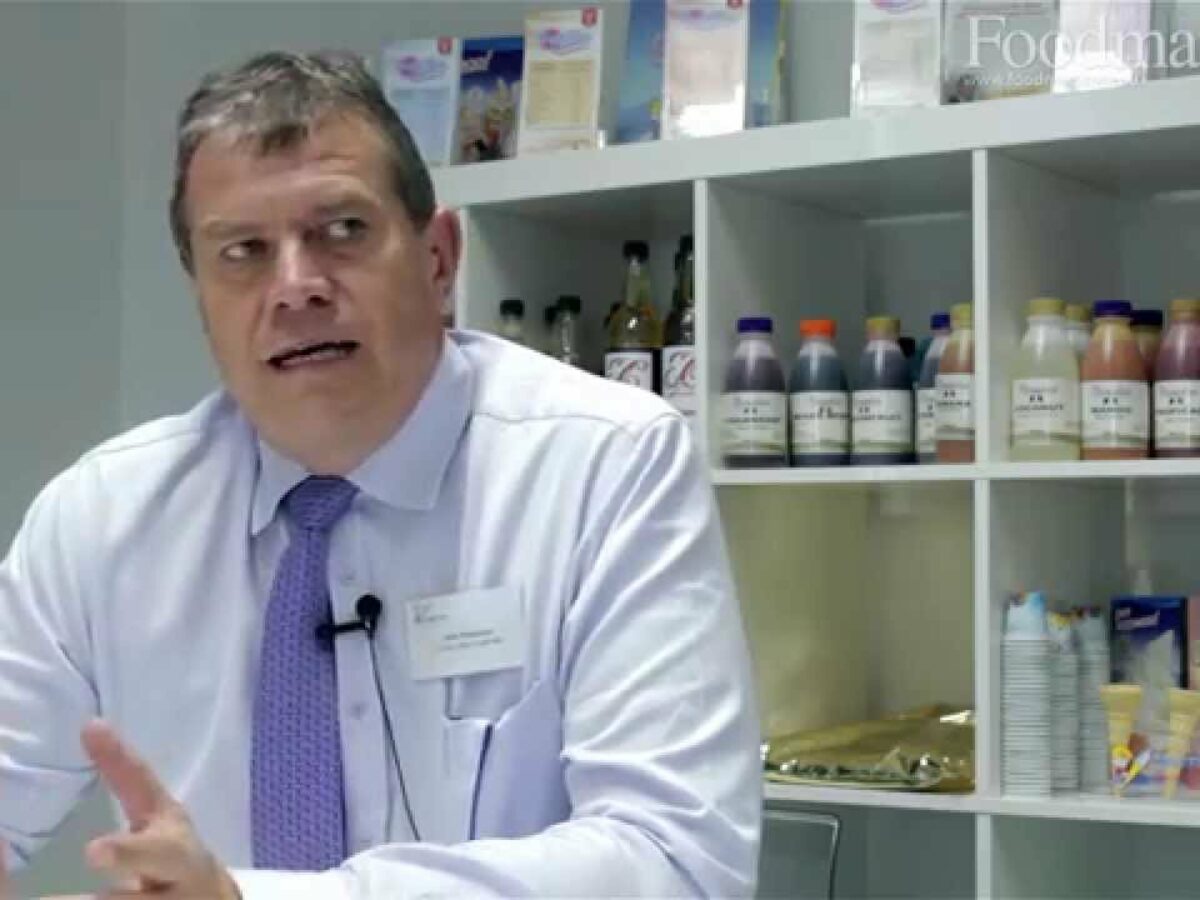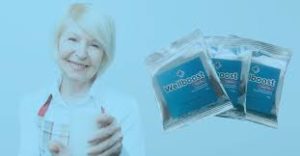Dessert exporter chases boost from wellness products

The food and beverage industry is an enduring success story (and the biggest segment) within Australian manufacturing.
Over a third of the country's largest manufacturers by revenue are from food, though there are also many internationally-successful SMEs. An example is Gold Coast-based Frosty Boy, which started in 1976 and has aggressively built its exports since the early 2000s.
Frosty Boy is best known for its dairy desserts and beverages, selling powders business-to-business to quick service restaurant companies in 65 countries. Recent expansion has included into the Middle East, Brazil and India, the only location it manufactures in outside of Australia.
Last year it branched out into savoury products, beginning with cheese sauces. This month it announced a move into wellbeing, a market worth an estimated $37 million in Australia.
@AuManufacturing spoke to managing director Dirk Pretorius about the company’s recent diversification, and aims to capitalise on trends such as the demand for probiotics.
@AuManufacturing: What have the last few years delivered?
Dirk Pretorius: We are keeping well. It's been busy around here. We have been able to expand those export markets that we've been talking about. We are in around 65 countries now worldwide. It was going quite well until this COVID thing hit us, but we are at least in recovery now.
@AuManufacturing: How has the pandemic impacted you?
Dirk Pretorius: As you can imagine we've got a large exposure to food service and most countries went into lockdown from March onward. So it was a massive drop at the time, but now it's sort of in recovery and we are doing a little bit better than we expected.
@AuManufacturing: What is the idea behind Wellboost and why are you making wellness products now?
Dirk Pretorius: A few years ago we started to look at the opportunity to get into the export market with a nutritional supplement. We started to work with dieticians on formulating a product. And when COVID happened, we actually took the work that we'd done and said, ‘how can we apply this to the Australian market?’ and come up with a product that is Australian made. Because the two market leaders in the space are imported out of Europe. So we looked at the range that's available currently. One of the two things we've thought about is how can we build immune boosting into it, so that it's not only a nutritional supplement. Then we also looked at the flavour profile — we really wanted to do something that tastes good at the same time.
@AuManufacturing: What do the 12 months of R&D behind it look like?
Dirk Pretorius: It starts by looking at what the consumer needs and what space you want to be in, and then looking at competitive products in that space as well, talking to dieticians, and then starting the formulation, making sure you tick all those boxes in terms of vitamins and minerals and supplements that you want in there. And then looking at flavours. And then we have to go and create the brand, test the brand as well, and come up with the packaging. We've also installed a new tin line to manufacture the canisters as part of that process.
@AuManufacturing: This is made in the same factory as your dessert and beverage powders?
Dirk Pretorius: Yes. Inside the factory we've got three production lines. So in one of the lines we can set it up..
@AuManufacturing: Is it a separate business with separate staff?
Dirk Pretorius: We split them currently across the line, so it's not specific yet. I think as the business grows and will hopefully grow really fast, we all hope that we will get to that point where there can be a dedicated line. But for now it is produced as and when required.
@AuManufacturing: Last time we spoke, you were looking to enter the Indian market and that had been a long process. How has it performed since getting in there in 2018?

Picture: https://www.facebook.com/wellboostau/
Dirk Pretorius: I've got a lot of grey hairs to show you and I think a lot of them came from India. It's one of those markets that is so large you can’t afford not to be in there. You've also got to work out how to make it work. We had to change our business plan quite a few times. In the end we decided that to manufacture in India was really going to be the only way for us to get around the high duty structures that they have. That's been driving quite well for us. We’ve picked up quite a few of the bigger accounts there, like Cafe Coffee Day, which is I think one and a half thousand coffee shops in India, one of are largest QSR chains there. We supply KFC, DMart — another large wholesaler. We picked up quite a few good accounts since we changed the model a bit.
@AuManufacturing: What does the product development pipeline attached to Wellboost look like?
Dirk Pretorius: We feel that there's a great opportunity in the vegan space to produce a product and to extend the range. And then we are also working on other range extensions as well. That's already the focus, and we are already working to bring out a vegan product. We are also looking at portion control packs, things like that, how can we utilise the facilities that we have to bring something into the range that's not there at the moment.
@AuManufacturing: What does your supply chain look like for sourcing vitamins and probiotics and other ingredients?
Dirk Pretorius: It was a process of working with manufacturers in that space to make sure that we get those blends right. The Care Plus product contains probiotics as well, which makes it different to competitors in that marketplace. The probiotic we are using for that it's called LactoSpores. So there's a lot of research done on that specific probiotic in terms of the functionality of it. We wanted to make sure that we capture that functionality.
Then the Immune Plus product contains lactoferrin, which is an immune booster. It also has a prebiotic in there.
@AuManufacturing: What do you see as the export potential of these two product lines?
Dirk Pretorius: I think there are always two stages to this. You've got to be successful at home. We are working really hard in that space at the moment, making sure that we get product into the Australian market. But we already have good interest in terms of the export side, specifically from the Middle East and Southeast Asia at the moment, and we're working with Austrade as well to identify opportunities
– Brent Balinski, editor, @AuManufacturing
Picture: Youtube
This Q and A has been lightly edited for clarity.
Subscribe to our free @AuManufacturing newsletter here.
@aumanufacturing Sections
Analysis and Commentary Awards casino reviews Defence Gambling Manufacturing News Online Casino Podcast Technology Videos





